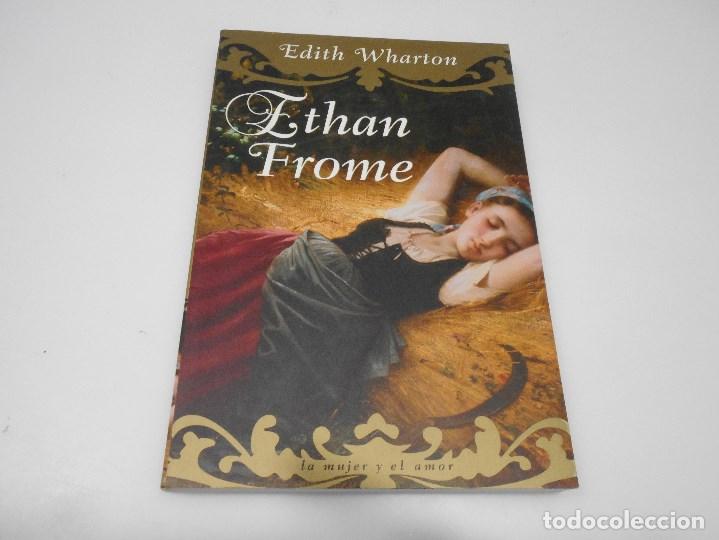
Hale validates: “… I don’t see’s there’s much difference between the Fromes up at the farm and the Fromes down in the graveyard: ‘cept that down there they’re all quiet, and the women have got to hold their tongues.” It’s not like the women who are alive - Zeena and Mattie especially - get to be gregarious truth-tellers, either.

What little we know or understand about Zenobia Frome and her young cousin, Mattie Silver, who revolve around Ethan, is vague, as the final stinging, ironic commentary from Mrs. As these tales are told, Wharton deftly demonstrates how culture and circumstances trap people. (As a notable aside, according to Urban Dictionary, “smash” is now slang, meaning: “to f–ck someone really good.”)Ī male engineer travels to the Dickensian-named Starkfield, recognizing in the limping Frome the “ruin of a man,” and unfolds the “smash-up” tale through his interactions with Frome via commentaries and stories. What stayed with me since high school was the fateful sled ride in the anesthetic snowy landscape, a sneaky metaphor for dangerous, thrilling sex, alluded to in the beginning of the novel as the “smash-up.” The sled ride was foreshadowed throughout the story before its climactic (pun intended) reveal. It’s a grim New England horror show - puritanism, repression, and stoic endurance - more ghastly than that other high school English favorite, Nathaniel Hawthorne’s The Scarlet Letter.

I first read the short novel as a junior in high school, and it scared me.



 0 kommentar(er)
0 kommentar(er)
